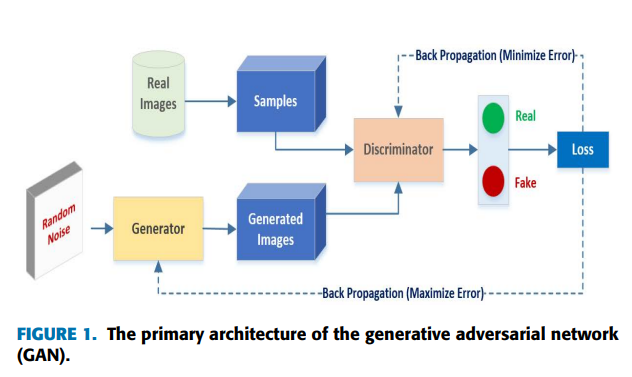Efficient quantum-based security protocols for information sharing and data protection in 5G networks
Fifth generation (5G)networks aim at utilizing many promising communication technologies, such as Cloud Computing, Network Slicing, and Software Defined Networking. Supporting a massive number of connected devices with 5G advanced technologies and innovating new techniques will surely bring tremendous challenges for trust, security and privacy. Therefore, secure mechanisms and protocols are required as the basis for 5G networks to address this security challenges and follow security-by-design but also security-by-operations rules. In this context, new efficient cryptographic protocols and mechanisms are needed in order to design and achieve information sharing and data protection protocols in 5G networks. In the literature, several security schemes based on unproven assumptions of computational complexity and mathematical models were proposed. However, the cryptanalysis is able to break most of the existing proposals in the presence of several weakest links in the designs. Recently, quantum walks (QWs)have been introduced as an excellent mechanism for generating cryptographic keys due to its nonlinear chaotic dynamical performance, high sensitivity to initial control parameters, stability and very large key space theoretically strong enough to resist various known attacks. This paper firstly proposes two efficient hash function mechanisms for 5G networks applications based on QWs, namely QWHF-1 and QWHF-2. Then, based on these hash functions, two efficient security protocols for securing data in 5G network scenario are proposed. Performance analyses and simulation results show that the proposed approaches are characterized with high security, efficiency, and robustness against several well-known attacks which nominate them as excellent candidates for securing 5G applications. © 2019 Elsevier B.V.



